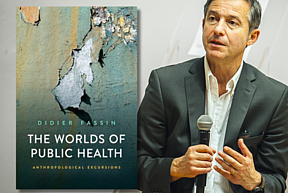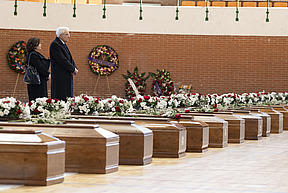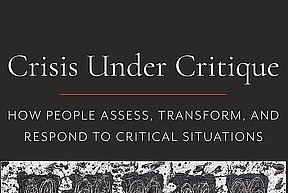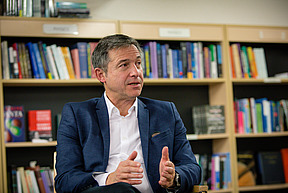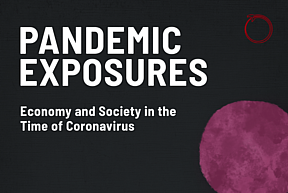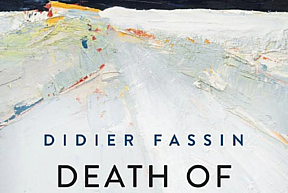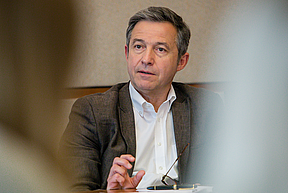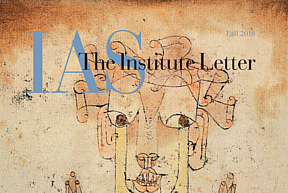Didier Fassin
Didier Fassin, James D. Wolfensohn Professor in the School of Social Science, is an anthropologist and a sociologist who has conducted fieldwork in Senegal, Ecuador, South Africa, and France. Trained as a physician in internal medicine and public health, he dedicated his early research to medical anthropology, illuminating important dimensions of the AIDS epidemic, mortality disparities, and global health. He later developed the field of critical moral anthropology, which explores the historical, social, and political signification of moral forms involved in everyday judgment and action as well as in the making of international relations with humanitarianism. His current work is on punishment, asylum, inequality, and the politics of life, and he is developing a reflection on the public presence of the social sciences.
